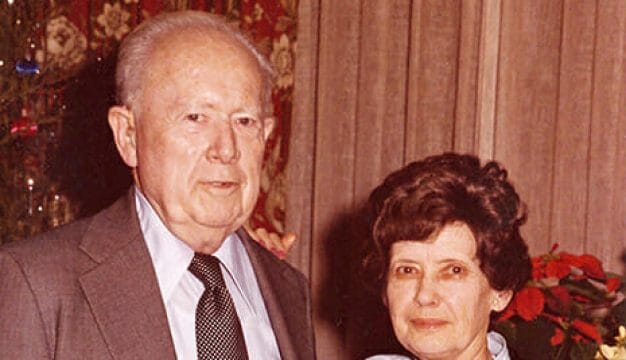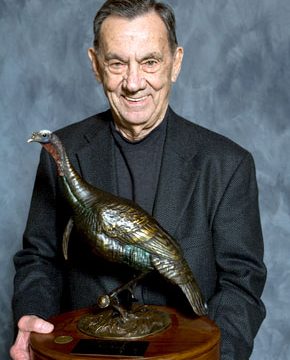Burwell Boykin Lewis
Burwell Boykin Lewis (1837-1885) represented Alabama in an at-large district and later the Sixth Congressional District in the U.S. Congress. Previously, he served in the Confederate States Army during the American Civil War and in the Alabama House of Representatives. He left Congress to be president of the University of Alabama (UA) in 1880.
Lewis was born in Montgomery, Montgomery County, on July 7, 1838, to Paul Hamilton Lewis and Elizabeth Shortridge; he may have had two siblings. There are discrepancies in sources. His father was a noted physician, originally from South Carolina, and his mother was the daughter of a prominent Democratic Alabama judge, Eli Shortridge. Her brother George David Shortridge was also a judge and one of antebellum Alabama's leading Whig politicians. At one time he had been a candidate for governor and later advocated for secession as a member of the 1861 Secession Convention. When Lewis was young, the family moved to Mobile, Mobile County. After his father died in 1848, Lewis was raised by his uncle George D. Shortridge in Montevallo, Shelby County.
Under the guardianship of his uncle, Lewis attended top schools and read his uncle's vast library. He was an excellent scholar and accepted into UA in 1854, graduating in 1857. He studied law under Judge John Haralson of Selma, Dallas County, and was admitted to the state bar. He practiced law in Montevallo with Col. John C. Storrs, who died during the partnership, thereby prompting Lewis to form a partnership with future Alabama governor Rufus W. Cobb. In 1860, he earned a master's degree from UA and married Lucinda Rose Garland, daughter of Landon Cabell Garland, who was then the president of UA. The couple would have eight daughters, one of whom died in childhood.
In 1862, Lewis entered the Civil War as a commissioned a lieutenant in Company B of the Second Alabama Cavalry Regiment. Company B was known for recruiting troops primarily from Shelby County. The Second Alabama Cavalry served in Mississippi and the Tennessee Valley and fought in the July 1864 Battle of Atlanta. (Also present from Alabama were future senator Edmund Pettus and future representative Thomas Herndon.) After Atlanta fell, the Second Alabama Cavalry skirmished against Union commander William Tecumseh Sherman's rear guard, fighting almost daily and following Sherman's troops into North Carolina. The regiment formed part of the escort of Confederate president Jefferson Davis to Georgia, where it surrendered in Forsyth County and he was captured in Irwin County. Lewis had risen to the rank of captain and served with distinction.
After the war, Lewis returned home to continue his practice in law. In 1870, he was elected to the Alabama House of Representatives from Shelby County, serving until 1872. In 1872, he moved to Tuscaloosa, Tuscaloosa County, to practice law with Col. Andrew C. Hargrove and to dabble in the burgeoning iron and coal industry.
In 1874, Lewis was elected to the 44th Congress as an at-large Democrat from Alabama. This seat was to represent the Eighth Congressional District, which was first apportioned as a result of the 1870 Census. He was an unsuccessful candidate for the 1876 election but was elected to the Sixth Congressional District in 1878, defeating Goldsmith Whitehouse Hewitt. In 1878, the University of Alabama bestowed Lewis with an honorary doctorate. He ended his career in Congress early when he received an appointment as president of UA in 1879 to succeed Josiah Gorgas, who had suffered a stroke. The open congressional seat was won by Newton Nash Clements. Lewis was the first Alabamian and UA graduate to serve as president and was responsible for increasing funding from Congress to continue rebuilding the university after the Civil War. While president, Lewis also taught classes in constitutional law.
On October 11, 1885, at the age of 47, Lewis died suddenly. He was buried in Evergreen Cemetery in Tuscaloosa. The UA presidency was filled by former Confederate general Henry DeLamar Clayton Sr.



